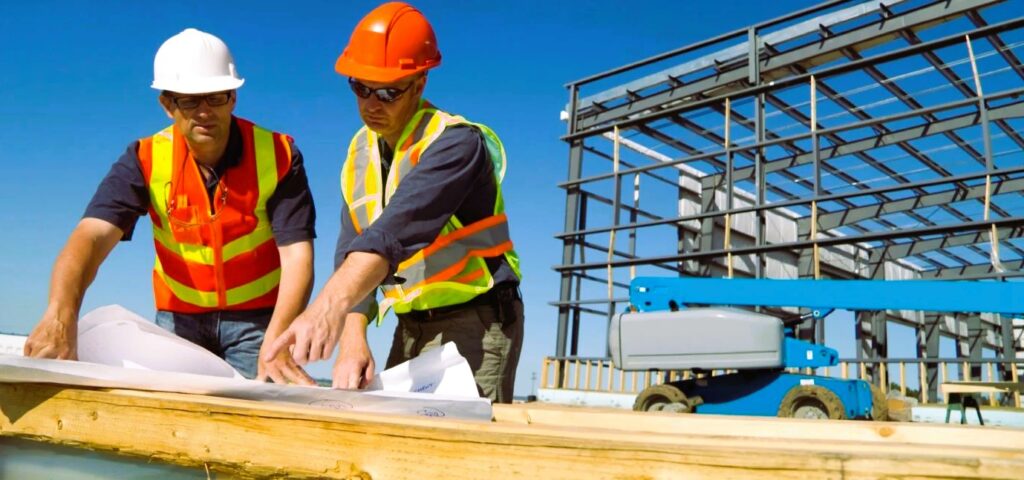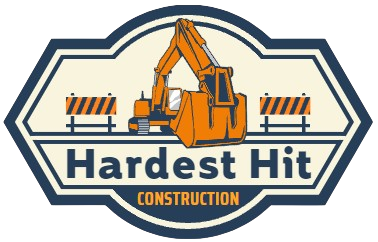Embarking on a construction project, whether it’s a residential home, commercial building, or infrastructure development, requires meticulous planning to ensure success. The process involves a myriad of tasks, from initial concept to project completion. In this article, we’ll explore essential tips from industry professionals on how to effectively plan your construction project, ensuring efficiency, cost-effectiveness, and overall success.
Define Clear Objectives and Scope:
The first step in planning any construction project is to clearly define the objectives and scope. What is the purpose of the project? What are the desired outcomes? Establishing clear goals helps guide decision-making throughout the entire process, ensuring that every aspect of the project aligns with the intended purpose.
Budgeting and Cost Estimation:

Accurate budgeting is crucial for the success of a construction project. Collaborate with financial experts and construction estimators to develop a detailed budget that includes all anticipated costs, from materials and labor to permits and unforeseen contingencies. Regularly review and update the budget throughout the project to track expenditures and avoid cost overruns.
Risk Assessment and Mitigation:
Identify potential risks associated with the construction project and develop strategies to mitigate them. This includes assessing factors such as weather conditions, regulatory changes, and unexpected delays. Having contingency plans in place can help minimize the impact of unforeseen challenges.
Engage Stakeholders Early:
Effective communication with stakeholders is crucial in construction planning. Engage key stakeholders, including architects, engineers, contractors, and regulatory authorities, early in the planning process. This collaboration ensures that all parties are aligned with the project goals and can provide valuable input from their respective expertise. Eco-friendly materials in construction. Read more in the article about building the future.
Comprehensive Site Analysis:
Before breaking ground, conduct a thorough analysis of the construction site. Consider factors such as soil conditions, topography, and environmental impact. This analysis informs decisions on foundation design, drainage systems, and overall project feasibility.
Regulatory Compliance:
Navigate the regulatory landscape by understanding and complying with local building codes, zoning regulations, and environmental requirements. Failing to adhere to these regulations can lead to delays, fines, and even project shutdowns.
Construction Scheduling:
Develop a realistic construction schedule that outlines the sequence of tasks and deadlines. Utilize project management tools to create a visual representation of the timeline, including critical milestones and dependencies. Regularly update the schedule to reflect progress and identify potential delays.
Material Selection and Procurement:
Carefully choose construction materials based on factors such as durability, cost, and environmental impact. Establish relationships with reliable suppliers and create a procurement plan to ensure timely delivery of materials. Consider sustainable building practices and explore options for recycled or locally sourced materials.
Workforce Management:

Effectively manage the construction workforce by ensuring proper training, safety protocols, and communication. Utilize skilled labor for specialized tasks and establish clear lines of communication to address any issues promptly. Prioritize safety to create a secure working environment.
Quality Control and Inspections:
Implement a robust quality control process to monitor workmanship and ensure that the project meets specified standards. Conduct regular inspections at key milestones to identify and address any deficiencies promptly. Compliance with industry standards is essential for the longevity and safety of the completed structure.
Conclusion:
Planning a construction project requires a strategic approach that considers various factors to achieve success. By following these tips from industry professionals, you can navigate the complexities of construction planning with confidence. For additional information on construction project planning and standards, readers are encouraged to explore resources provided by Wikipedia. These platforms offer valuable insights into best practices, regulations, and guidelines for effective construction project planning.




